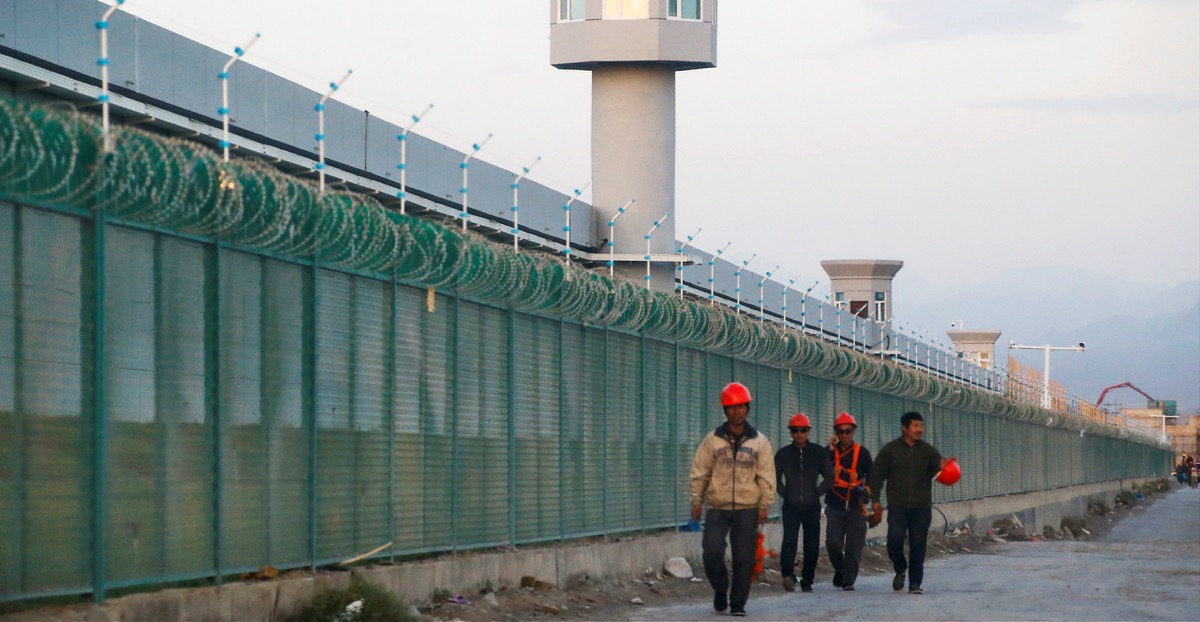A new story about the Xinjiang camps: They’re nearly empty

At a press conference in Beijing yesterday, two senior Uyghur officials from the provincial Xinjiang government made rather surprising statements to the effect that 90 percent of internees have been released. According to the New York Times and CNN, Alken Tuniaz, the vice chairman of the Xinjiang government, said:
The majority of people who have undergone education and training have returned to society and returned to their families… Most have already successfully achieved employment. Over 90 percent of the students have returned to society and returned to their families and are living happily.
Neither Tuniaz nor Shohrat Zakir, the Xinjiang government chairman who also spoke, refused to say how many people had been or are still held in the camps. The New York Times also points out:
Official Chinese media accounts of the two officials’ comments varied, raising the possibility that they misspoke and their comments had to be drawn back. Some cited Mr. Zakir as saying that 90 percent or more of people from camps had returned to society. Others said, citing him, that 90 percent of those released had found suitable work.
There has not been confirmation of the officials’ statements by any Uyghur in exile with family members in the camps. Since the government initially denied their existence and is making it almost impossible for neutral observers to visit the camps, the world may take some convincing about this latest spin.
In other Xinjiang news:
- A Uyghur detainee in a June BBC video report on the Xinjiang camps has been identified as a cultural official, who received multiple awards and speaks fluent Chinese and English, reports Radio Free Asia.
- “China’s anti-corruption watchdog said on Tuesday that it was investigating a high-level official in the northwest Xinjiang Uygur Autonomous Region,” according to the South China Morning Post.
- A Kazakhstan court yesterday held the first hearing of a case against Serikjan Bilash, a naturalized Kazakh citizen born in China and “accused of inciting ethnic discord while opposing Beijing’s crackdown in its troubled Xinjiang region,” reports the South China Morning Post. Bilash was first detained in March. “Critics say his arrest appeared to be the result of pressure from Kazakhstan’s economically powerful neighbor.”






